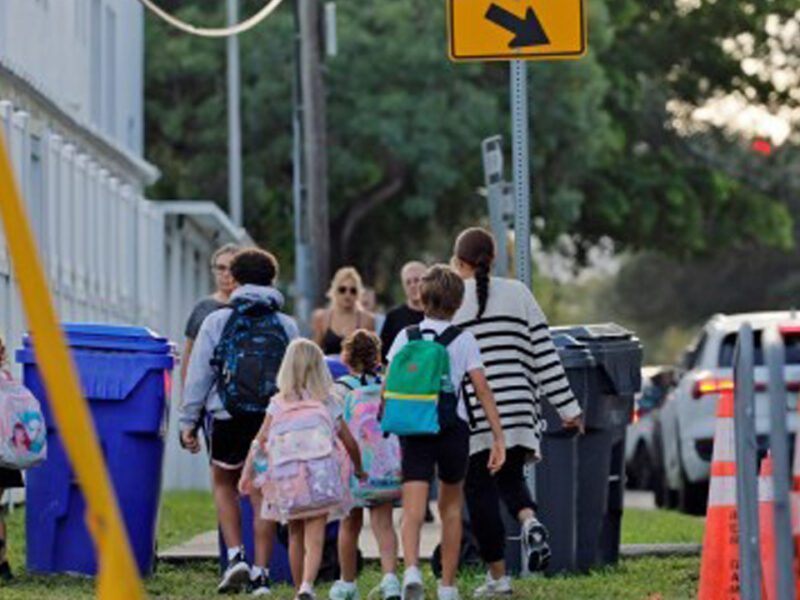Tutoring can reverse COVID learning loss
Daily News | by Francis Frimpong | April 20, 2021
Thursday, senators from opposite sides of the aisle came together in a rare moment of unity to introduce legislation that could have an enormous impact on New York City students. The legislation — the bipartisan CORPS Act authored by Sens. Chris Coons and Roger Wicker — would make a three-year investment to expand and strengthen AmeriCorps programs to help communities respond to and recover from the impacts of COVID-19.
As a recent alumnus of the AmeriCorps program and a tutor lead at a public charter school on the Lower East Side, I know this investment could not be more timely, or more needed. Students are coming back into our classrooms this semester after a year of remote learning, struggling with everything from algebra to reading comprehension. A few weeks in, we are still only beginning to understand the breadth and depth of students’ needs, but we know they are extensive. We also know that tutoring can help, and AmeriCorps offers something unique: a chance to engage a diverse and versatile group of young professionals to become tutors and channel their energy toward helping students succeed.
Over the past two years, I have realized that there is much more to tutoring than meets the eye. It is true that tutoring supports academic achievement, but when done well, it can also be a powerful tool for social-emotional and identity development. This became clear to me when I started working with Juan, a student I tutored last year (name changed for confidentiality). Juan began his seventh-grade year emotionally guarded and showing little enthusiasm for school. He was behind and we had a lot of material to cover in our small-group tutoring sessions, but I could see that I wouldn’t be able to reach him by going deep on academics. Instead, I took a step back. I asked him about his home life, about his interests, and what he had heard and seen today and how it impacted him. I listened, really listened to his responses.
Over time, we worked on setting small goals to help him build his confidence. And after a few weeks, I could see his fire for learning starting to flare. I stoked the flames through more and bigger goal setting, and one day, he handed me a paper he had written as part of an activity. The goal of the activity was to look inward and write “I am X, I hear Y, I feel Z.” A few months earlier, Juan would have told me he didn’t think this was valuable, set the paper down and walked away. But not this time. The piece he wrote started at the surface level, and quickly became strikingly vulnerable. His honest and raw reflection literally brought me to tears.
My experience with Juan was only possible because our tutoring sessions opened up the space to make a meaningful and impactful connection. It provided him with the chance to invest himself in learning in a way he couldn’t in a larger classroom setting. It allowed me to lay the groundwork and get to know him as a person before engaging him as a student. And it allowed us to create a connection that was personal and meaningful for both of us — as men of color and as students of life.
The power of tutoring ultimately lies in that space. Surrounded by 30-plus classmates, asking questions, sharing reflections, and expressing opinions can be intimidating, especially for students struggling to understand core course material. In addition to being a massive barrier to learning, students often start to feel disenfranchised and disengaged, and begin to define themselves by that, as Juan had begun to. Even the most experienced and expert teachers struggle with this.
At my school, Great Oaks NYC, our high-dosage tutoring model ensures every student receives daily personalized small-group tutoring during the school day. Because all students participate, it removes any stigma around tutoring and gives students dedicated time to take a step back to learn about their own abilities and build their confidence.
This is the real power and potential of tutoring, and it’s more important and more urgent now than it has ever been. Over the next few months and years, students will need more resources, more support and more empathy than many of our schools are prepared for or able to offer. Tutors can be an important part of the solution, and programs like AmeriCorps can help us get there.
Frimpong is a Bronx native and AmeriCorps alumnus currently serving as a tutor lead at Great Oaks NYC, a public charter school in Manhattan.






